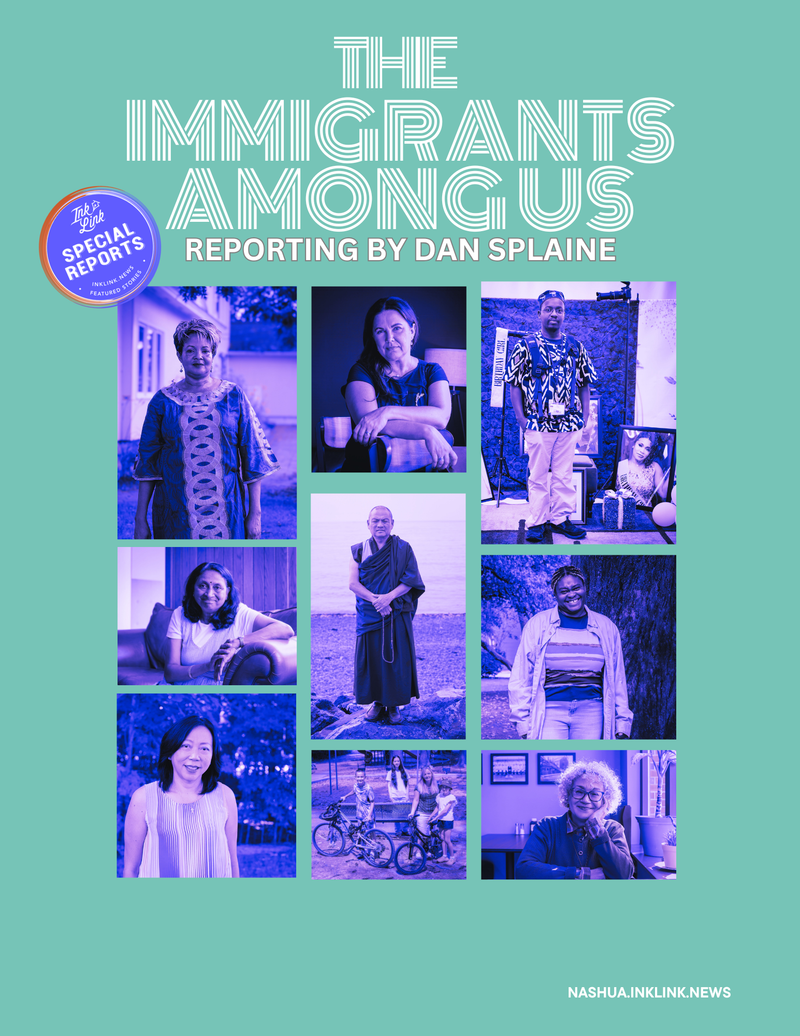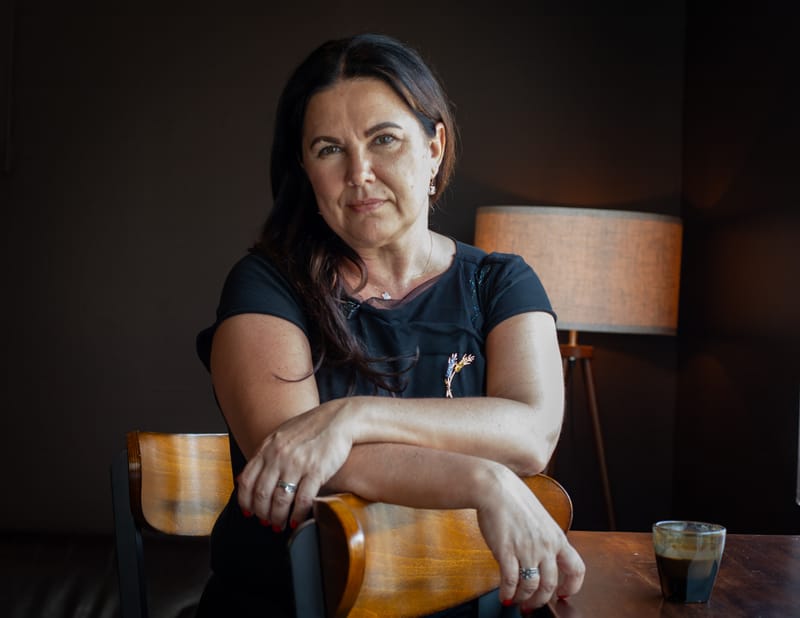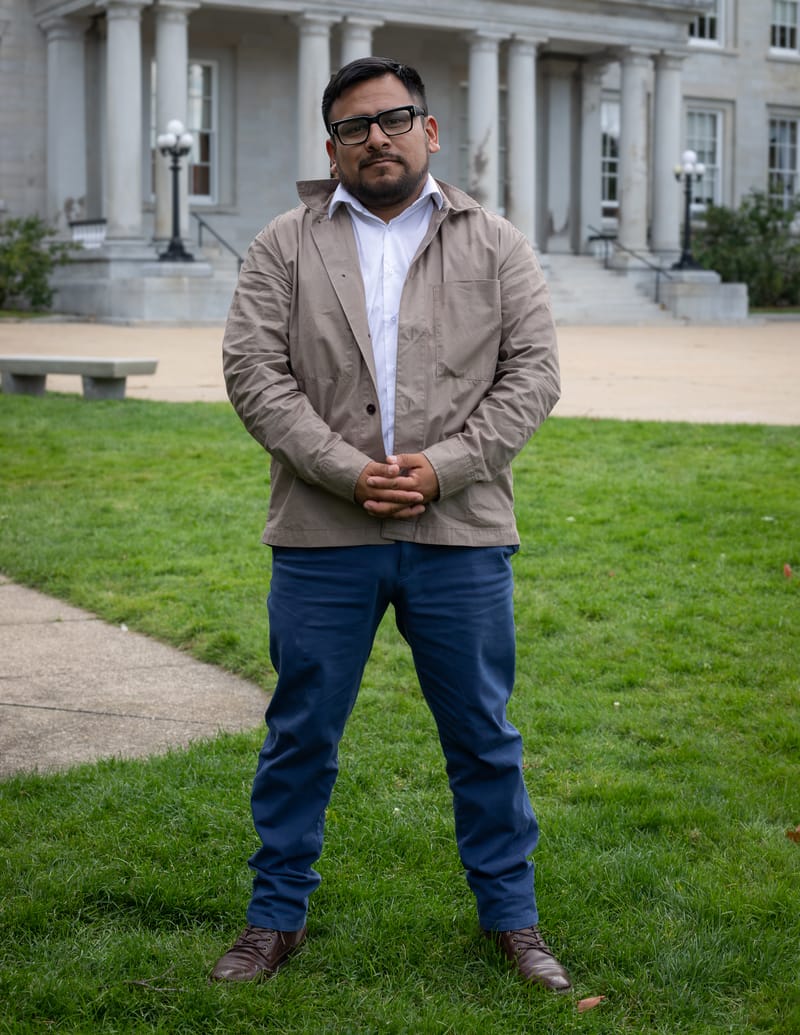Glory Wabe: Proudest of her contributions to nursing in New Hampshire
This entry is part [part not set] of 13 in the series The Immigrants Among Us [http://manchester.local/inklink-series/the-immigrants-among-us/] Glory Wabe is from the Island of Mindanao in the Philippines. She was married with children when she came to the United States in 1988. She was trained an
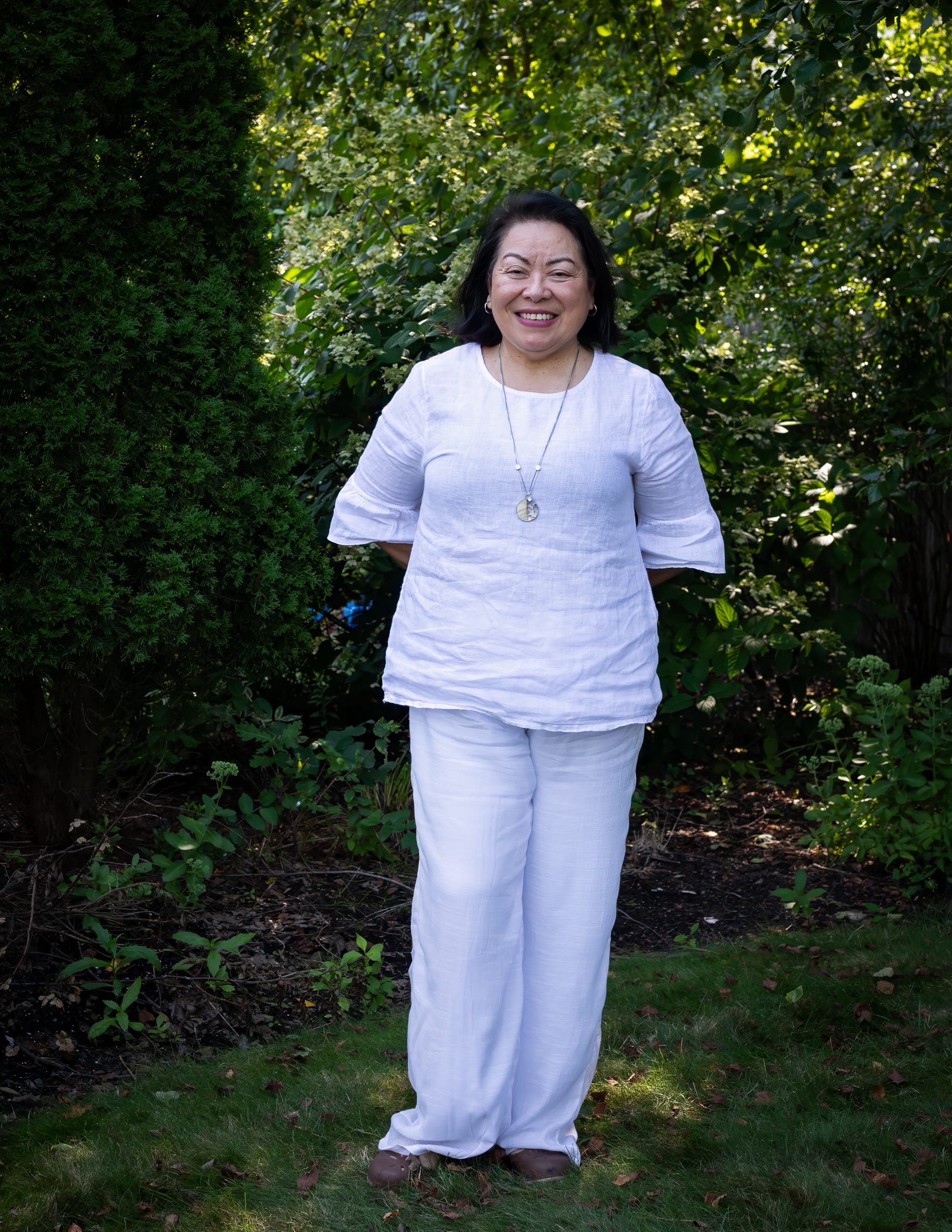
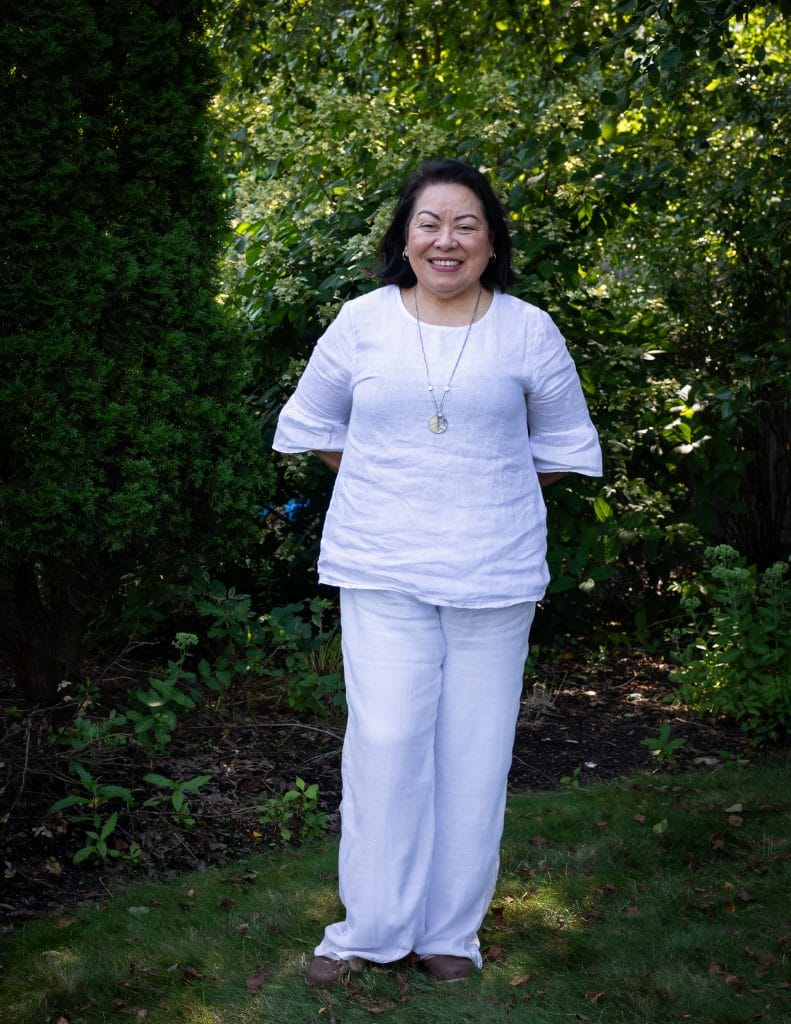
Country of origin: PHILIPPINES
Glory Wabe is from the Island of Mindanao in the Philippines. She was married with children when she came to the United States in 1988. She was trained and working as a nurse so she qualified for a type H-1 Specialty Occupation visa.
The visa was just for her so she had to leave her husband and young children behind in the Philippines. Wabe explained that difficult decision made by her and so many fellow immigrant nurses this way: “Most of us just wanted to get out of the country and earn a living that would be paying us more than what we get there. That’s basically the reason. Plus, I was already married when I came here and I had kids. I really wanted to have the opportunity for my kids to choose where they would like to be when they grow older. Would they like to come here where I’d be preparing everything for them or would they like to just stay in the Philippines? “
She spent 10 years working in New Hampshire hospitals as a nurse before she was able to bring her three children here. In 1996 she became a naturalized citizen.
Since the early 1990s, she has helped recruit trained nursing and medical staff from the Philippines to fill positions in New Hampshire hospitals. In 2023 she retired as a nurse manager from St. Joseph’s Hospital in Nashua and they employed 31 Filipino nurses this year that she recruited.
One of the proudest contributions of her nursing career was the creation of a cultural diversity committee at the hospital.
“It was inviting people from different cultures and origins to show their culture, be proud and present their culture, first to the staff, because, you know, we’re not only dealing with patients coming from different cultures, but we also have staff that come from different cultures. So we have to understand why they do this, why they say these things and all that. Understanding is part of quality care.”


